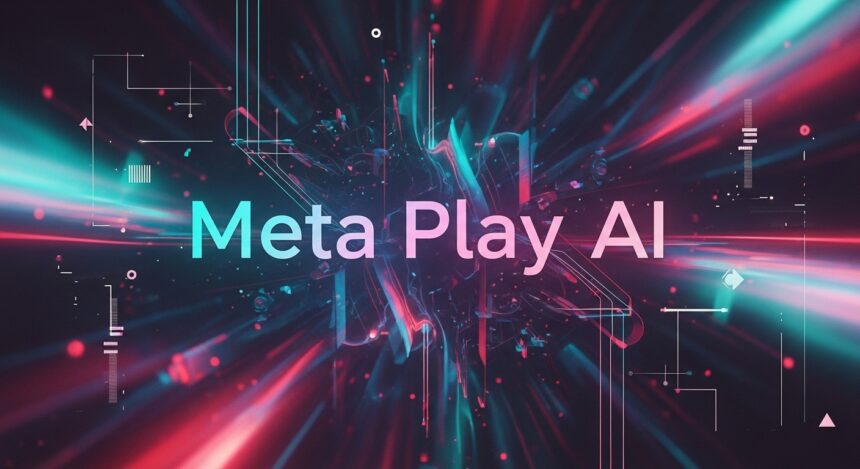Meta Platforms has finalized its acquisition of Play AI, a California-based startup specializing in advanced AI voice cloning technology, marking a significant step in its quest to lead the global AI race. The deal, confirmed by a Meta spokesperson on July 13, 2025, integrates Play AI’s cutting-edge tools and entire team into Meta’s AI division, enhancing its capabilities in voice-driven interfaces.
Play AI’s Game-Changing Technology
Play AI’s flagship technology enables the creation of human-like voices, allowing users to clone their own voices or generate new ones for applications across websites, apps, and phones. Known for its “unbelievably accurate” voice cloning in just 30 seconds with a <1% error rate and support for 30+ languages, Play AI’s tools are poised to revolutionize customer service, virtual assistants, and content creation. An internal Meta memo, cited by Bloomberg, describes Play AI’s innovations as a “great match” for Meta’s roadmap, including Meta AI, AI Characters, wearables like Ray-Ban smart glasses, and audio content creation.
The Play AI team, set to join Meta next week, will report to Johan Schalkwyk, a former Google speech AI researcher recently hired from voice startup Sesame AI. This move strengthens Meta’s expertise in natural speech synthesis and multilingual voice cloning, critical for immersive digital experiences.
Meta’s Aggressive AI Strategy
The acquisition is part of Meta’s broader push to dominate AI innovation. In June 2025, Meta invested $14.3 billion in Scale AI, hiring its CEO, Alexandr Wang, to lead its new Superintelligence Lab, aimed at building AI “smarter than humans.” Meta has also recruited top talent from OpenAI, Google, and Apple, offering up to $100 million in bonuses, though claims of such offers were denied by some hires like OpenAI’s Lucas Beyer. CEO Mark Zuckerberg’s personal involvement underscores Meta’s ambition to outpace rivals like Google and Amazon in voice and conversational AI.
Meta’s 2025 capital expenditure, projected at up to $72 billion, supports its AI infrastructure, including 1.3 million GPUs for model training. The Play AI deal follows Meta’s earlier acquisition of Wit.ai in 2015, which bolstered voice recognition, and aligns with its vision for seamless voice interfaces across Facebook, Instagram, WhatsApp, and Quest VR headsets.
Global and Local Implications
The acquisition positions Meta to lead in voice-driven AI, a growing market projected to reach $200 billion by 2030. For creators, Play AI’s technology could enable voiceovers for videos or podcasts without recording, streamlining content production. In Pakistan, where a $500M+ freelancing economy and AI training initiatives are driving tech adoption, this move highlights the global shift toward AI-powered interfaces, inspiring local developers and startups. Newsera: Pakistan’s AI Training Push
However, concerns linger about data privacy and regulatory scrutiny, especially given Meta’s billions-strong user base. X posts reflect excitement about Meta’s AI push but urge transparency in voice data usage (@ai_for_success, July 14, 2025). How Meta balances innovation with responsibility will shape public trust.
What’s Next
With Play AI’s integration, Meta aims to enhance its Meta AI chatbot, launched in September 2023, and add voice features to smart glasses and VR devices. The financial terms of the deal remain undisclosed, but TechCrunch notes the acquisition’s strategic fit for Meta’s multimodal AI goals, combining visual, textual, and audio capabilities. As voice interfaces become central to human-computer interaction, Meta is poised to redefine digital experiences globally.
Stay connected with Newsera for the latest on AI, tech, and global news!






